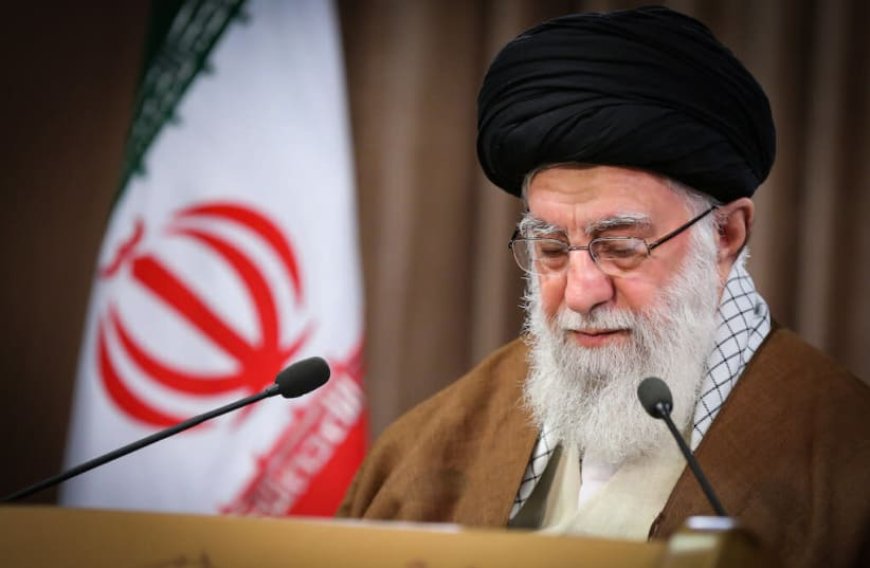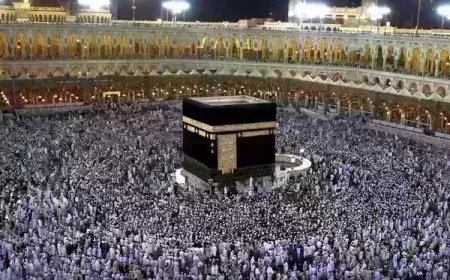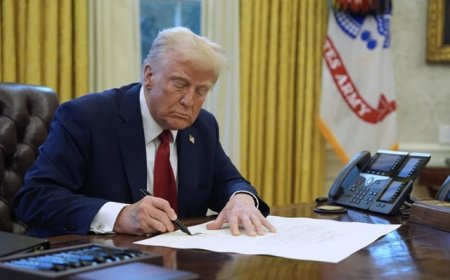Iran warns it will defend itself following Israeli strikes
Iran warns it will defend itself following Israeli strikes

Iran warned on Saturday that it would defend itself following Israeli airstrikes that killed at least four of its soldiers, heightening concerns of a broader conflict in the Middle East.
In response, Israel cautioned that Iran would "pay a heavy price" if it retaliated, while the United States, Germany, and Britain urged Tehran not to escalate the situation further. U.S. President Joe Biden expressed hope that "this is the end" of the hostilities after Israel's pre-dawn strikes, noting that only military sites appeared to be hit. Biden also urged Israel to avoid targeting nuclear and oil facilities, a directive confirmed by the International Atomic Energy Agency, which reported no damage to nuclear sites. Meanwhile, the European Union appealed for restraint from all parties to prevent an "uncontrollable escalation."
Neighboring countries and others, including Russia, condemned the strikes and urged both Iran and Israel to avoid further hostilities, with Moscow warning of a potential "catastrophic scenario." Iran asserted its "right and duty" to self-defense, while its ally Hezbollah launched rocket attacks on five residential areas in northern Israel.
The Israeli military reported 80 projectiles launched from Lebanon on Saturday. Hezbollah issued evacuation notices for several Israeli locations, while the Israeli military urged residents in two Beirut neighborhoods to evacuate. Lebanon’s National News Agency confirmed that Israel conducted additional air raids in southern Beirut early Sunday.
The Israeli military later confirmed strikes on Iranian missile production and military facilities across multiple provinces in Iran, stating that the "retaliatory mission was completed successfully." Iran acknowledged the strikes, reporting minimal damage but the loss of four soldiers.
Iran’s armed forces indicated that only radar systems sustained damage and stated they would withhold immediate retaliation. Instead, Iran emphasized its focus on achieving a sustained ceasefire in both Gaza and Lebanon. Foreign Minister Abbas Araghchi held discussions with Egypt, Qatar, and Syria, where Qatari official Sheikh Mohammed bin Abdulrahman Al-Thani expressed concern over potential escalations.
Israel’s retaliation came after Iran’s direct missile attack on October 1, when around 200 missiles were launched, marking only the second such attack on Israel. Most missiles were intercepted, but one person was killed. The incident drew condemnation from Iraq, Pakistan, Syria, and Saudi Arabia, while Turkey condemned Israel’s actions, calling for an end to what it described as "terror created by Israel."
Israel is currently engaged on two fronts: an ongoing war in Gaza since the October 7 Hamas attacks and ongoing operations against Hezbollah in Lebanon. The United Nations has voiced alarm over a worsening humanitarian crisis in Gaza, where Israeli bombing has caused extensive civilian casualties.
In remarks following the strikes, Israeli President Isaac Herzog expressed gratitude for U.S. support, calling it "a true ally" and commending the overt and covert cooperation between the nations.
The Israeli military attributed the current hostilities to “relentless attacks by Iran and its proxies” since Hamas’s assault on October 7, which left 1,206 Israelis dead. In response, Israel’s operations in Gaza have led to over 42,900 casualties, predominantly civilians, according to Gaza’s health ministry. The conflict has also affected Lebanon, where 1,615 people have been killed since late September due to Israeli operations targeting Hezbollah.
Iran’s missile assault on October 1 was reportedly a response to the assassination of Hezbollah leader Hassan Nasrallah and Hamas’s political head Ismail Haniyeh.
What's Your Reaction?





















































































